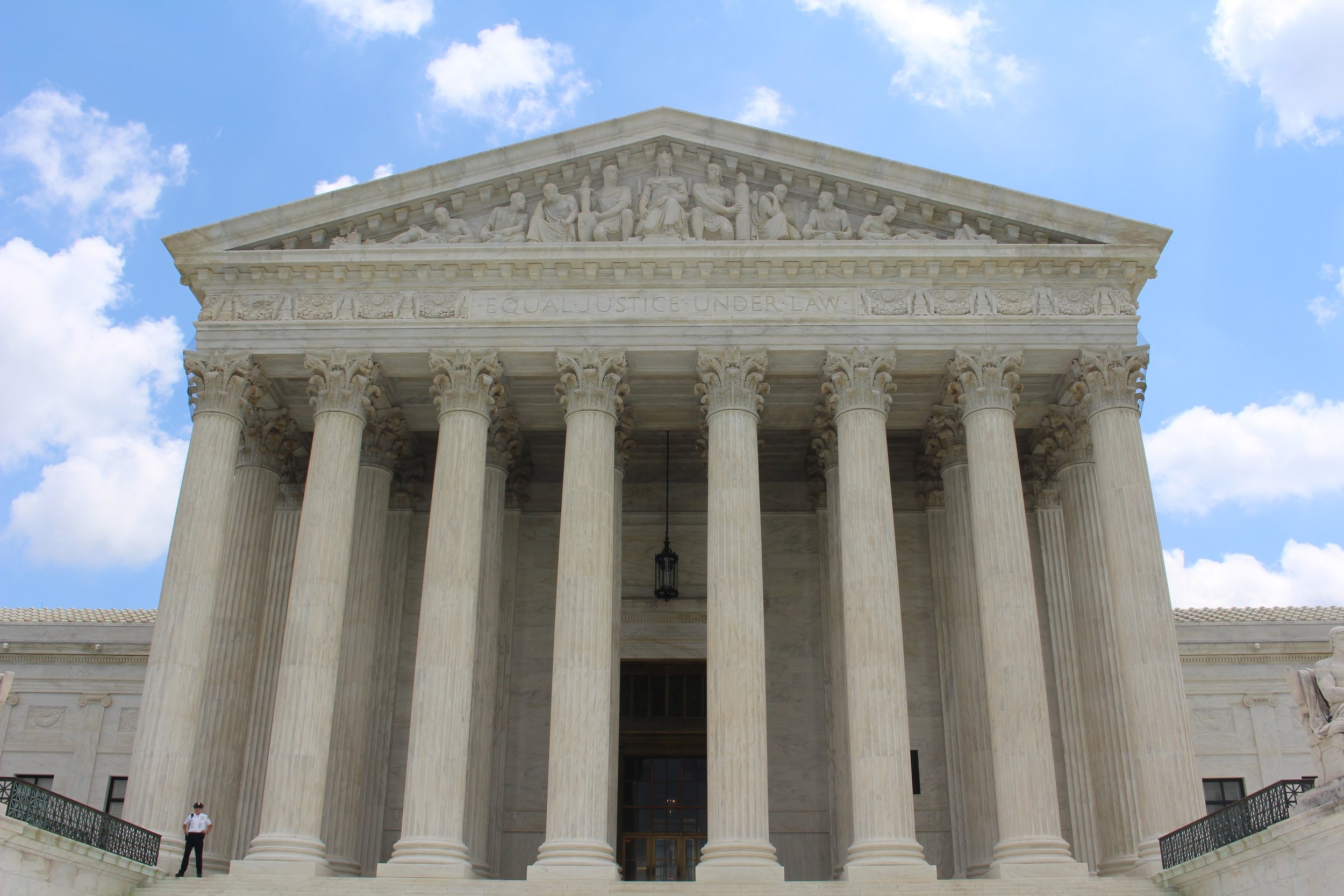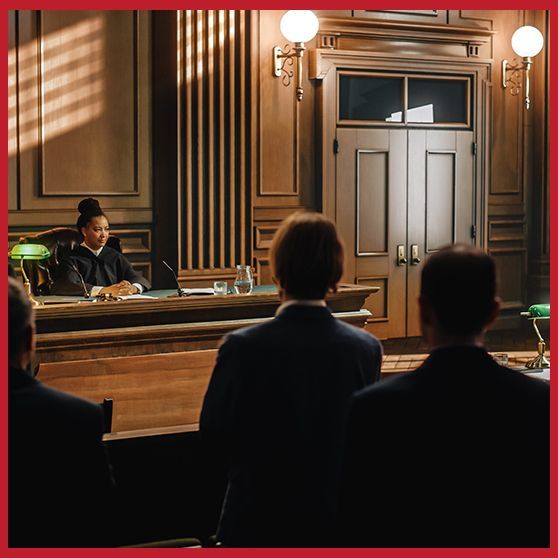Why You Need a Lawyer for Your Habeas Corpus Situation
Why You Need a Lawyer for Your Habeas Corpus Situation
Blog Article
Comprehending the Duty of a Post-Conviction Lawyer in Looking For Justice After a Criminal Conviction
In the facility landscape of post-conviction lawful proceedings, the duty of a post-conviction legal representative is essential in navigating the course to justice after a criminal conviction. Past the confines of a trial, these attorneys participate in a diverse technique focused on uncovering new evidence, tough legal errors, and advocating for their clients' civil liberties. The details of post-conviction job call for a mix of lawful acumen, investigatory skills, and calculated believing to decipher the complexities of an instance and seek avenues that might have been neglected or underexplored. As the pursuit of justice extends beyond the confines of first procedures, the role of a post-conviction lawyer becomes a beacon of expect those seeking to rectify oppressions and redeem their rights within the lawful system.
Post-Conviction Attorney's Investigative Work
Post-conviction attorneys involve in precise investigative work to reveal brand-new evidence, procedural errors, or misbehavior that can potentially cause reversing a conviction. This investigatory stage is important in the post-conviction process as it aims to recognize any neglected information or lawful errors that might have influenced the outcome of the initial trial. Post-conviction lawyers explore case data, witness testaments, and legal paperwork with a fine-tooth comb, looking for any inconsistencies or abnormalities that can be premises for appeal.
Through comprehensive investigation, post-conviction lawyers aim to drop light on prospective injustices that might have occurred during the original test. By inspecting every aspect of the lawful procedures, post-conviction lawyers work tirelessly to reveal any factors that might have influenced the judgment.
Crafting Appeals and Petitions
In the pursuit of justice after a conviction, skilled lawyers carefully craft appeals and applications to existing compelling debates for the reconsideration of lawful choices. Crafting appeals and requests requires a deep understanding of the lawful system, interest to information, and strategic reasoning. Post-conviction attorneys analyze test documents, recognize prospective errors or violations of rights, and create legal debates to challenge the sentence or sentence.
When crafting an allure, lawyers focus on highlighting lawful mistakes that may have influenced the outcome of the instance. They investigate situation law, laws, and lawful precedents to sustain their arguments. Applications, on the other hand, may entail presenting new proof that was not available during the test or showing modifications in the legislation that necessitate a review of the sentence.
In addition, post-conviction lawyers need to adhere to stringent step-by-step rules and deadlines when filing appeals and applications. They should present their arguments plainly and persuasively to encourage the court to give alleviation to their clients. Through careful crafting of appeals and petitions, post-conviction legal representatives make every effort to secure justice for people that have been wrongfully convicted or unjustly punished.

Going After Post-Conviction Alleviation
Looking for alleviation after a conviction calls for a calculated and diligent strategy by skilled lawful professionals. Post-conviction alleviation includes a series of legal devices created to test the credibility of a sentence or sentence (wisconsin federal habeas lawyer). These opportunities consist of filing movements for a brand-new trial, seeking allures, looking for writs of habeas corpus, and presenting newly uncovered evidence. Post-conviction legal representatives play a critical function in browsing these complicated treatments, making sure that all lawful choices are explored to fix injustices that may have occurred throughout the test or sentencing phase.
One common form of post-conviction alleviation is filing a request for post-conviction relief, usually based upon insurance claims of inadequate assistance of advice, prosecutorial transgression, freshly found evidence, or constitutional offenses. These applications need an extensive evaluation of the trial document, lawful study, and convincing advocacy to convince the court to provide alleviation. Experienced post-conviction attorneys have the abilities and understanding needed to determine feasible legal cases, perform investigations, and present compelling debates to secure alleviation for their customers. By faithfully pursuing why not look here post-conviction alleviation, these lawyers make every effort to correct losing the unborn babies of justice and promote the principles of justness and due process in the criminal justice system (Lawyer).
Utilizing Forensic Proof
When testing a conviction or sentence, the tactical usage of forensic proof can be a powerful device in post-conviction legal proceedings. Forensic proof includes a large variety of clinical techniques utilized to investigate criminal offenses and develop facts in court. Post-conviction attorneys can leverage forensic proof to test the legitimacy of convictions by offering brand-new scientific searchings for that were not offered throughout the initial trial.

Participating In Sentence Adjustments
Post-conviction legal representatives might explore the possibility of sentence modifications as a lawful opportunity to resolve out of proportion or unjust sentences handed down in criminal situations. Sentence adjustments involve looking for modifications to the terms of an offender's sentence after a sentence has happened. These adjustments can consist of lowering the size of a sentence, changing the kind of punishment imposed, or discovering alternative sentencing options.
Post-conviction legal representatives can go after sentence alterations through numerous legal mechanisms, such as filing movements for sentence reduction, appealing for caring release, or negotiating plea deals for lowered sentences. They have to meticulously assess the circumstances of the situation, examine the legal grounds for looking for an adjustment, and existing compelling arguments to the court supporting the need for a revised sentence.
Involving in sentence modifications needs a thorough understanding of criminal law, sentencing guidelines, and the particular treatments involved in seeking post-conviction relief. Post-conviction legal representatives play a vital function in advocating for reasonable and simply outcomes by difficult sentences that are unduly rough or do not align with the principles of justice.
Conclusion
In conclusion, the function of a post-conviction lawyer is crucial in seeking justice after a criminal conviction. With investigatory job, crafting appeals and requests, going after post-conviction relief, making use of forensic proof, and participating in sentence modifications, these attorneys play an important function in advocating for their customers and ensuring that their rights are promoted within the criminal justice system. Their devotion and know-how are important in navigating the complexities of post-conviction proceedings and attaining a reasonable result for people dealing with criminal sentences.
Report this page